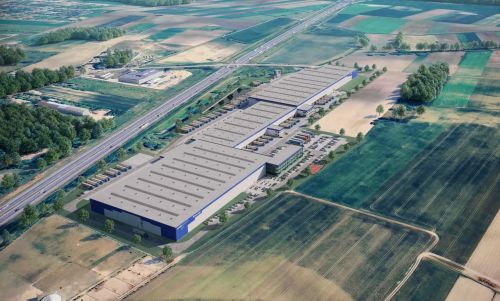The second half of September was meant to be free of the negative factors that could block the upward correction following the summer holiday declines. The state of the Chinese economy was temporarily moved into the background after the American central bank, instead of announcing an increase in the cost of money after ten years of super-low interest rates, expressed its concerns about the global economic situation and opted not to increase interest rates. This in turn had a positive influence on investors’ attitudes towards purchases, particularly on developing markets. On the other hand, it meant that the policies of central banks (other than that of the USA) might be falling short of what is required. In the end this tentative optimism was submerged by the Volkswagen scandal, after “ inconsistencies” emerged in its measurements of fume emissions. The scale of the phenomenon and the size of the German group, the possible consequences an




























































